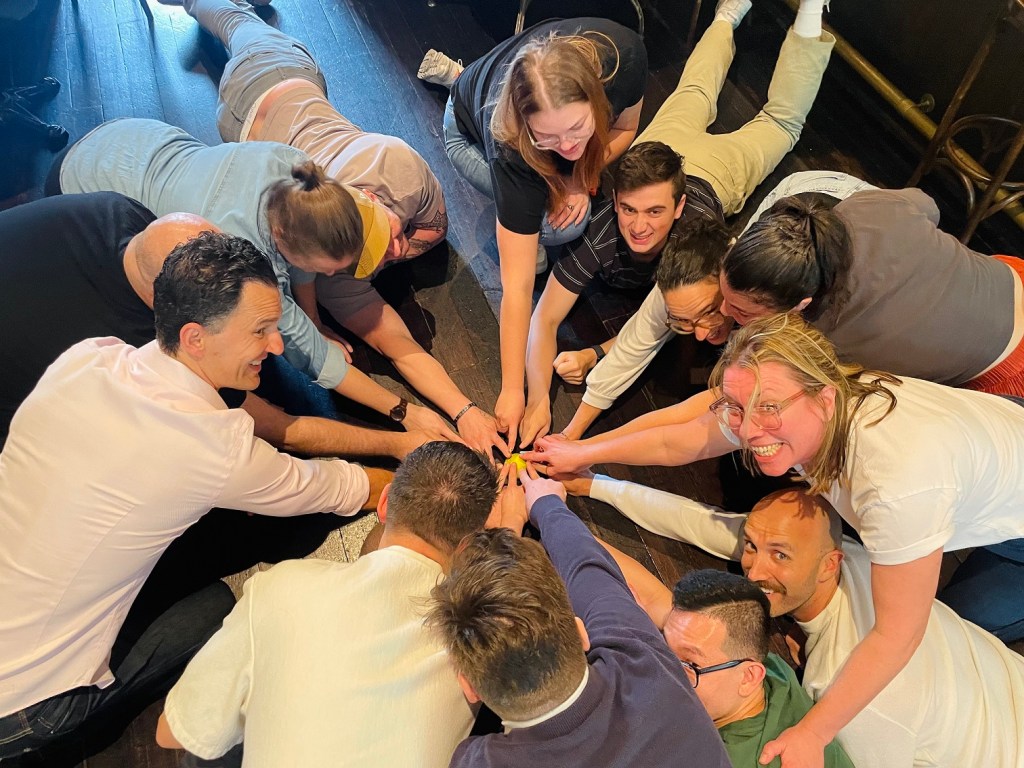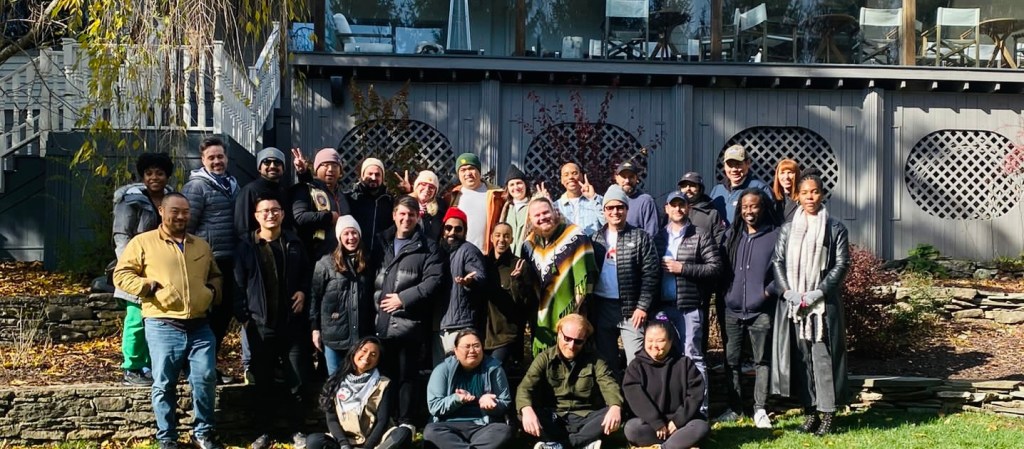Dream Culture’s CEO, Shelly McElroy, firmly believes that “culture is the behaviour you accept“.
This simple yet profound statement underscores the pivotal role that culture plays in shaping a company’s success. A clear purpose, like the famous story about John F. Kennedy’s visit to NASA in the 1960s illustrates this point well. During the tour, Kennedy asked a cleaner what his role was, to which the cleaner replied, “My role is to help put the first man on the moon.” This story is a powerful reminder of the importance of purpose in a company’s culture, extending beyond just the executive level to every member of the team.

In the dynamic hospitality and events industries, a strong culture isn’t just an option—it’s a necessity. McElroy delves into insights and practical advice for creating a culture that not only aligns with your business goals but also elevates your entire team. In an era where phrases like “toxic culture” are commonplace, it’s vital for industry leaders to unite in raising the standards we set for ourselves. But where do we start?
Start with Purpose and Values
The first step is to clearly define your company’s purpose and values. How are these brought to life within your business? Do you have a set of values that everyone understands and strives to uphold? Equally important, do you address behaviors that are counterproductive or misaligned with these values? Establishing measures and metrics around performance and living these values is crucial.
“From the very first interaction with a prospective employee, it’s essential to communicate these standards and expectations,” states McElroy.
Key Elements of a Thriving Culture
Creating an inclusive culture where everyone can thrive involves focusing on four key elements:
- Do our staff feel welcome?
- Do our staff feel safe—physically, emotionally, psychologically, and mentally?
- Do they feel valued?
- Do they feel respected?
“You can have culture by design or culture by default; the choice is yours,”McElroy points out.
As leaders, it’s essential to cultivate a positive culture deliberately rather than letting one develop haphazardly. Like a muscle, culture requires constant attention and effort. Focusing solely on financial results without prioritising the cultural environment is a common pitfall. Remember, the way employees feel when they come to work directly impacts the bottom line, as “behaviour drives performance”.
The Importance of Self-Awareness
The journey toward a strong culture starts with self-awareness and self-reflection. McElroy advises leaders to assess their own roles within the culture. Are you truly a role model of your company’s values? Do you reward team members who best embody these values? Do you challenge those whose behaviour isn’t aligned? Are there rewards and are there consequences? It’s crucial to evaluate how you, as a leader or employee, contribute to the overall culture and atmosphere. Striving to operate “above the line” by embodying the company’s values and encouraging others to do the same fosters a positive and productive work environment. As McElroy poses, “Does the room get brighter when you walk in, or when you walk out?”

Conducting Strategic Cultural Audits
Understanding your current culture is essential for making improvements. McElroy recommends conducting a cultural audit at least annually, gathering feedback from all levels of the business. This includes everyone from chefs and cleaners to security guards and service staff—everyone who forms the backbone of your business. A comprehensive audit helps identify what’s working, what’s not, and what could be better. Creating ‘How might we’ statements can generate positive outcomes, such as ‘How might we communicate more clearly as a team so that the current divide between back-of-house and front-of-house dissolves?’
Communicating the results of these audits and providing a clear plan for improvement is crucial for building trust and commitment among your team.
“You can have culture by design or culture by default; the choice is yours.”
Shelly McElroy
The Power of Feedback and Curiosity
A culture of curiosity and open-mindedness is vital. McElroy explains the importance of asking questions that focus on “What” and “How” rather than “Why” and “Who.” When was the last time you received feedback, and how did it impact your performance?
“We all have blind spots, and understanding how others perceive us helps us grow,” the Dream Culture CDO suggests.
This approach fosters productive conversations and encourages the ability to receive, reflect, and respond, rather than resist, react, and reject. Leaders should listen to their teams to truly understand their perspectives, as these insights are invaluable for driving sustainable cultural change and improvement.
Prioritise Team Over Guest
A common mantra in hospitality is that the guest always comes first. However, McElroy suggests flipping this narrative: “Let’s put the team first.”
When employees are happy, engaged, and feel valued, it translates into better customer service. The energy and attitude of the team significantly influences customer experiences. Therefore, focusing on employee well-being and engagement is a critical aspect of enhancing overall service quality.

Embracing Transparency and Innovation
In an industry that thrives on innovation and creativity, transparency is key. McElroy stresses the importance of clear communication about business goals and changes.
“Saying nothing is saying something,” she points out.
This honesty helps align everyone with the company’s mission and fosters a sense of belonging. By building a culture where people want to stay and strive, you’re not just retaining talent; you’re creating a competitive advantage.
Developing Leadership Skills
Do our leaders have the skills and capabilities to lead effectively? Sometimes managers are promoted without being provided with the necessary training to lead successfully. Managers manage tasks, but leaders lead teams with vision and empowerment. People often leave jobs based on their experiences with their leaders,
“People leave managers, not companies.”
Turnover is often a management issue. Are you the leader your team needs you to be? Are you leading by example and raising the bar?
Shelly McElroy’s insights provide a roadmap for building a thriving culture in the hospitality and events industries. Dream Culture is already conducting highly evaluated sustainable cultural change and team leadership programs across New South Wales, Victoria, Queensland, Adelaide, and New York City. By intentionally designing culture and holding everyone accountable, you can ensure that every team member, from the janitor to the CEO, is connected to serving your purpose.
This piece was first published in the November issue of Australian Hotelier.



